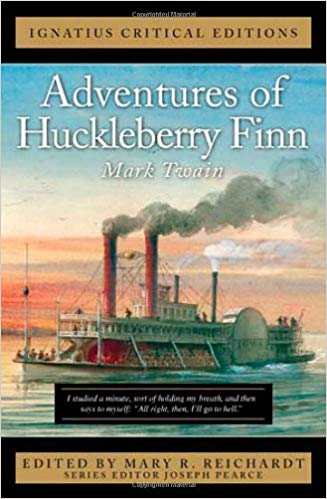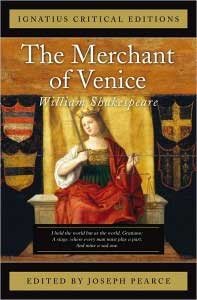Podcast: Play in new window | Download (Duration: 27:57 — 19.2MB) | Embed
Subscribe: Apple Podcasts | Spotify | Amazon Music | Android | Pandora | iHeartRadio | JioSaavn | Podchaser | Gaana | Podcast Index | Email | TuneIn | Deezer | Anghami | RSS | More

Episode 15 – Great Works in Western Literature with Joseph Pearce – St. Augustine
The Confessions of Saint Augustine is considered one of the greatest Christian classics of all time. It is an extended poetic, passionate, intimate prayer that Augustine wrote as an autobiography sometime after his conversion, to confess his sins and proclaim God’s goodness. Just as his first hearers were captivated by his powerful conversion story, so also have many millions been over the following sixteen centuries. His experience of God speaks to us across time with little need of transpositions.
Based on the Ignatius Critical Edition, this series examines, from the Judeo-Christian perspective, the life, the times, and influence of authors of great works in literature .
Joseph Pearce is currently the Writer-in-Residence and Visiting Fellow at Thomas More College of Liberal Arts in Merrimack, New Hampshire. He is also Visiting Scholar at Mount Royal Academy in Sunapee, New Hampshire. He is also Visiting Scholar at Mount Royal Academy in Sunapee, New Hampshire. He is co-editor of the Saint Austin Review (or StAR), an international review of Christian culture, literature, and ideas published in England (Family Publications) and the United States (Sapientia Press). He is also the author of many books, including literary biographies of Solzhenitsyn, J. R. R. Tolkien, C. S. Lewis, G. K. Chesterton, and Oscar Wilde.
To learn more about the authors and titles available in the Ignatius Critical Editions




 Shakespeare part 2
Shakespeare part 2 One of the most popular of Shakespeare’s plays, King Lear is also one of the most thought-provoking. The play turns on the practical ramifications of the words of Christ that we should render unto Caesar that which is Caesar’s, and unto God that which is God’s. When confronted with the demand that she should render unto Caesar that which is God’s, Cordelia chooses to “love and be silent”. As the play unfolds each of the principal characters learns wisdom through suffering.
One of the most popular of Shakespeare’s plays, King Lear is also one of the most thought-provoking. The play turns on the practical ramifications of the words of Christ that we should render unto Caesar that which is Caesar’s, and unto God that which is God’s. When confronted with the demand that she should render unto Caesar that which is God’s, Cordelia chooses to “love and be silent”. As the play unfolds each of the principal characters learns wisdom through suffering.





